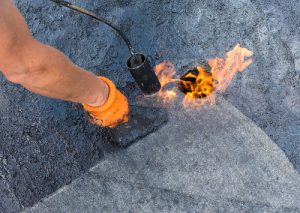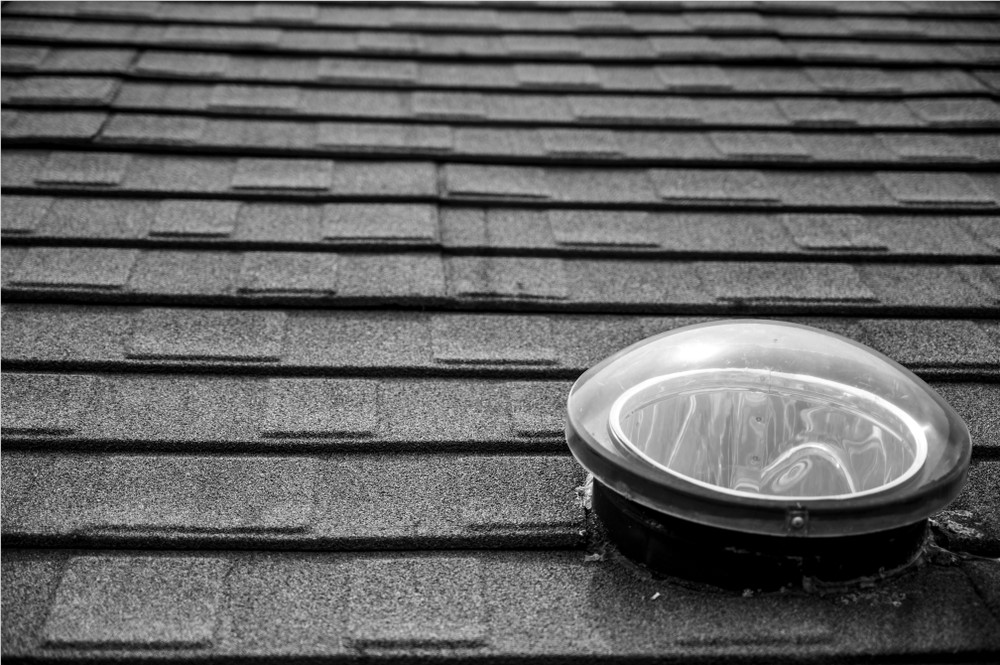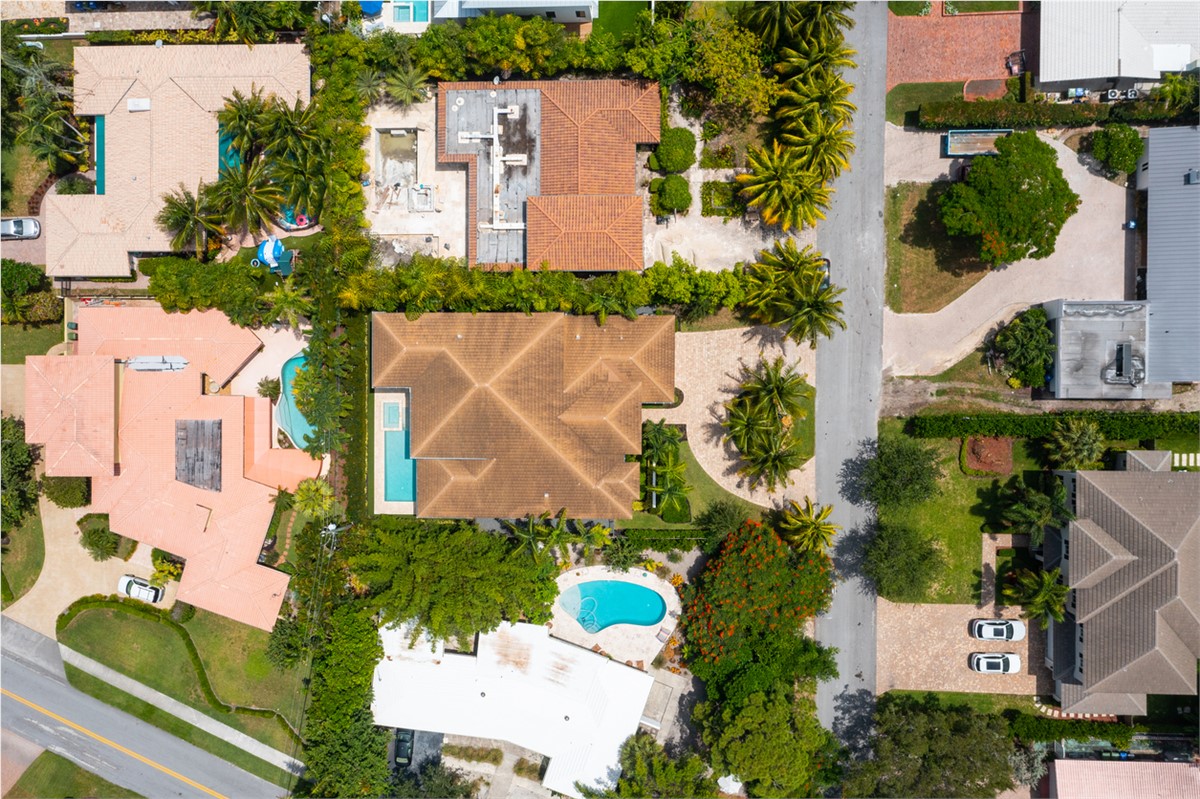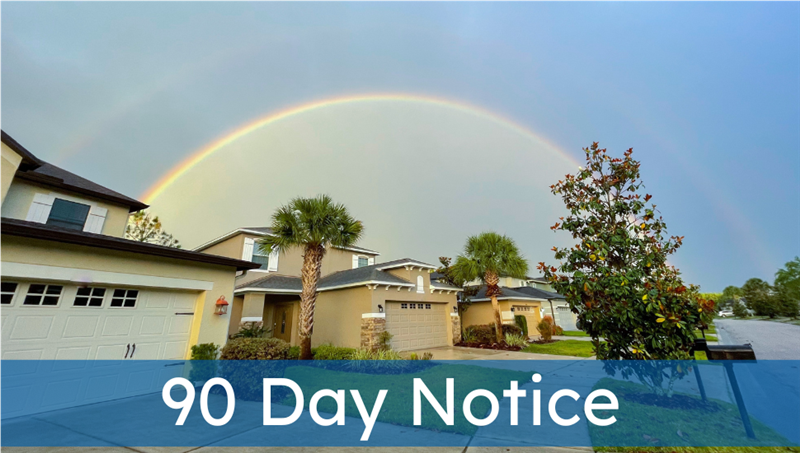One of the most popular roofing materials in the country, modified bitumen  roofing is an asphalt-based material that is designed for use on buildings with low slopes or flat roof structures. Modified bitumen roofs can be installed using a variety of techniques, including heat-welding, hot-asphalt, and cold-process adhesives.
roofing is an asphalt-based material that is designed for use on buildings with low slopes or flat roof structures. Modified bitumen roofs can be installed using a variety of techniques, including heat-welding, hot-asphalt, and cold-process adhesives.
- A proven record of performance as one of the most popular roofing methods in the country, with manufacturers offering long-term warranties to further reinforce the reliability of the product
- High tensile strength to better handle high foot-traffic and roof configurations with multiple openings and penetrations for ventilation
- Better waterproofing characteristics than other roofing materials, especially in areas with fluctuating temperatures or climates
- A variety of top-surfacing options are available, including mineral-surfaced products and ‘cool roof’ coatings that help reflect heat to keep energy costs as low as possible while reducing emissions at the same time
Low slope roof systems need to be configured and constructed carefully to achieve adequate drainage and performance over time, and the addition of a modified bitumen roofing membrane has become one of the most popular ways to help these roofs perform their best. The asphalt treatment that modified bitumen goes through during manufacturing helps the membrane become safer to apply and more pliable during use.
These membranes were originally developed in Europe during the 1960s and have been in use here in the US since the 1970s. Modified bitumen membranes are typically modified with one of two additive types: APP or SBS.
APP modified bitumen is able to remain strong and flexible at the same time, even in the coldest of climates. This variant is often applied with a torch to heat-weld the membrane to the substrate and seal it against the elements. APP modified roofs are resistant to cracking, blistering, oxidation, and UV damage.
SBS modified bitumen is applied using a hot or cold asphalt adhesive, and has a more rubber-like consistency than APP. SBS systems start with a base that is mechanically attached to the roof before being covered with the membrane. It must be covered with a coating that protects against UV radiation, as it is not UV stable on its own.
There are many choices when it comes to modified bitumen roof systems and coatings, and the experts here at Batterbee Roofing will work with you and your home to figure out the best product to suit your specific needs. Call us today for a free consultation at (352) 504-4441.
Subscribe to Batterbee Roofing's Blog







Comments